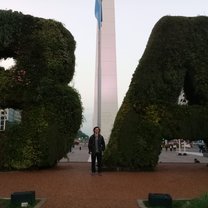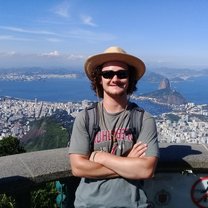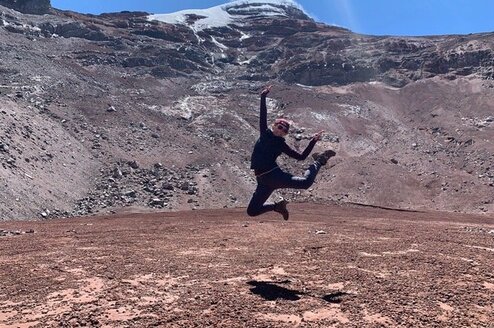Transnationalism & Comparative Development in South America
- Argentina
- Buenos Aires
- Brazil
- Porto Alegre
- Rio de Janeiro
- São Paulo
- Uruguay
- Montevideo
- Paraguay
- Asunción
About Program
Examine the social and economic development strategies of South America’s Southern Cone countries – Argentina, Brazil, Paraguay, and Uruguay.
In this comparative study abroad program, students can rapidly improve their Spanish while exploring the current economic and social realities of the countries comprising the Southern Common Market (MERCOSUR). Students visit three of the four MERCOSUR member states during group excursions.
You can choose to complete an internship during the last four weeks of this program. For this internship, you will be placed with a local organization where you will gain real work experience related to the program’s theme and develop professional skills you can use in your career.
Video and Photos
Diversity & Inclusion
Program Highlights
- Spend six weeks in Buenos Aires.
- Rapidly improve your Spanish.
- Discuss similarities and differences among these four countries and important transnational and regional processes.
- Learn about Afro-descendent and indigenous movements; women’s and LGBTQI struggles.
- Customize the program to meet your goals by choosing between an internship or independent research.
Scholarships
SIT Robert Kantor Memorial Scholarship
Each year one student will be granted $10,000 in scholarship aid to study abroad with a SIT program. Funded by individual donors and foundations, the requirements are tight: seeking first-generation college students who've never traveled abroad before, currently attend an HBCU, and demonstrate strong financial need.














